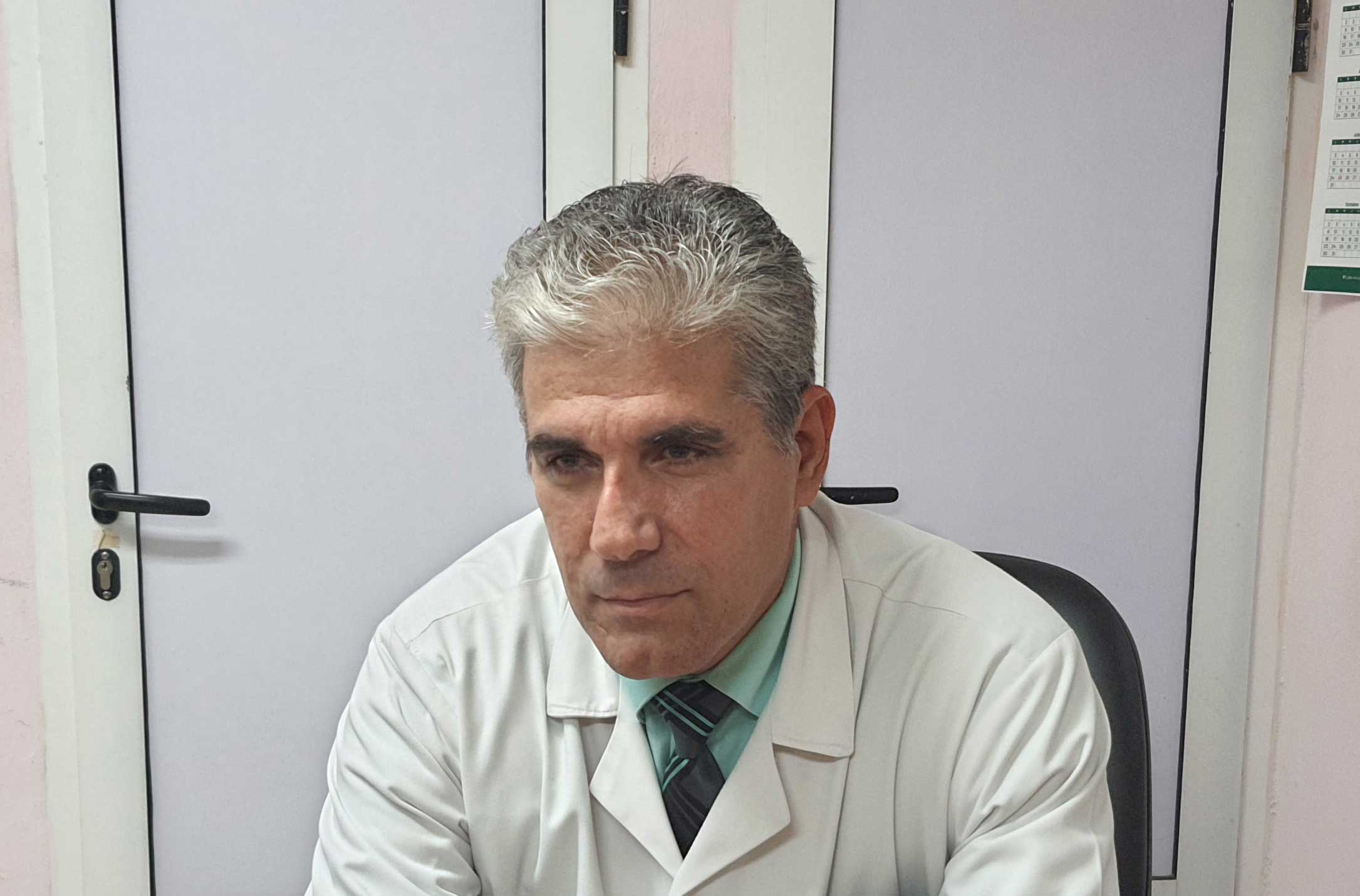Cuba. With the moderation and good sense that characterize him, Dr. Ivanis Ruiz Calderón Cabrera describes his experiences in the operating room as a great learning. His family at home is complemented by the professional team of the Institute of Oncology and Radiology of Cuba (INOR), where he has worked since 2011. He knows and dominates the advances of science in his specialty, but being in a center of such prestige inside and outside the country is what he enjoys the most.
“It is an institution that has all the services for the diagnosis and treatment of malignant diseases. The unity and the approach of joint work are the key to the results because here we attend to patients from all over our country and also from other nations who come looking for opportunities for the attention to their disease.”, said the Head of the Surgery Service, a very modest man and always grateful for the many possibilities found there in the face of one of the most frequent worst disease in the world.
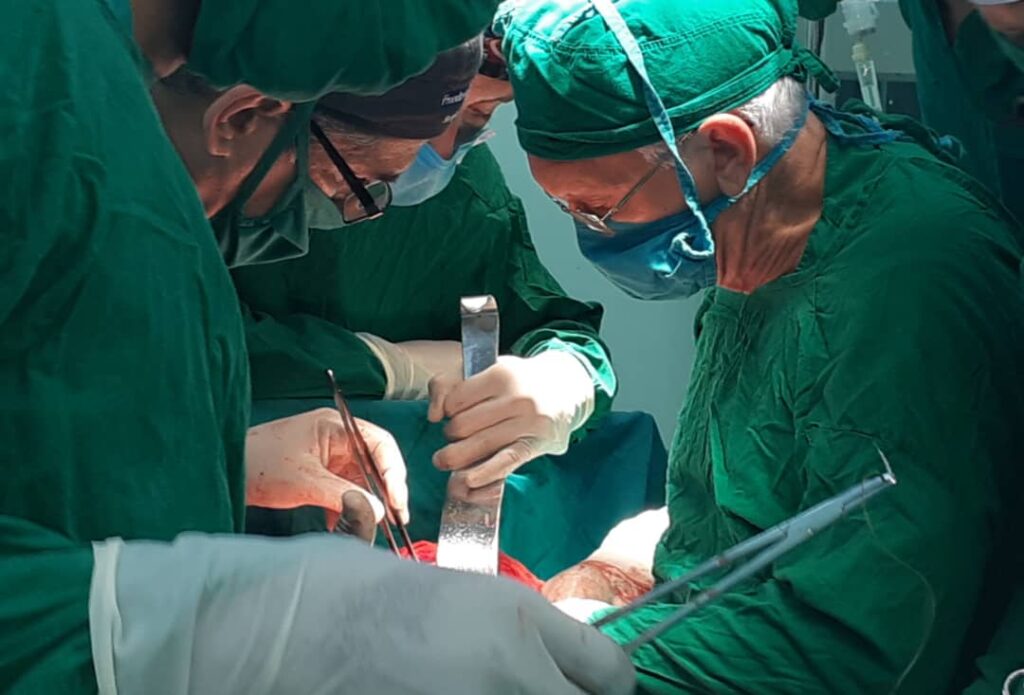
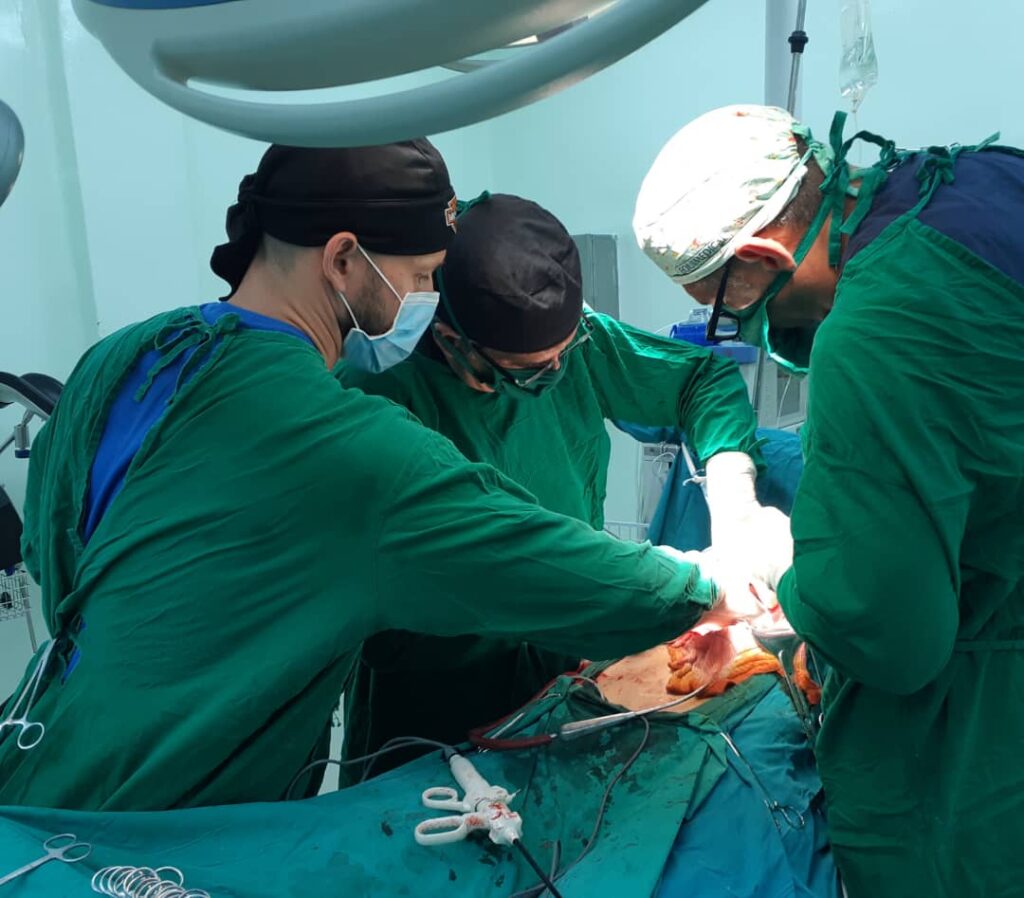
As he describes it, this Cuban hospital has a very high daily care rate. Consultations, surgeries, cancer treatments… The coming and going through all its access routes say of the number of patients and companions, while the statistics say of the quality of a purely human and sensitive service as considered by one of the protagonists of medical assistance when talking about the part that touches him:
“Our lines of work and research include cancer surgeries in the thoracic region (lung, mediastinum, pleura and chest wall), upper and lower digestive tract, hepatobiliopancreatic and retroperitoneal. Most are cases with a diagnosis of locally advanced or advanced malignant disease, even with commitment to neighboring organs, where we perform multi-visceral receptions, very complex processes that thanks to new technologies can be more effective, explains how someone who teaches a class on that specialty that he loves and defends so much.
He then talks about terms associated with surgical processes, such as therapies, prior to surgery using chemotherapy and radiation therapy. “When in the beginning we need a regional and systemic control prior to surgery, “explains Dr. Ivanis, while he tells some anecdotes with patients who have gone through these experiences and later many of them even achieve their social reintegration.
He highly values that patients of other nationalities also approach the hospital for this reason: “Through the International Medical Care Service they contact us, send via e-mail the summary of their disease and a multidisciplinary team analyzes and evaluates the real possibility of offering the oncospecific services that they may require”, he narrates in detail how this process is organized, of which there is very positive evidence and a high degree of satisfaction, as reflected in the memories left in ink.
It also mentions the techniques of minimum access with their well-known advantages throughout the world: “We apply them here always complying with the oncological principles, with great success in lung, esophageal and colorectal cancer, in early stages of the disease, these have a lot of acceptance by patients even when we prioritize our efforts to those who need major procedures through conventional surgery, “says our interviewee with great caution, who always prefers to speak in the plural. He repeats it again and again in the dialogue because modesty is one of his characteristic features and because he sees part of a framework where everyone has a function and everyone is important in his opinion:
“You cannot talk about the results of a surgical group without mentioning the performance of our anesthesiologists and those who work in intensive care units, where so much human and professional quality prevails. We are talking about surgical procedures that can last up to seven or eight hours, imagine the effort that is required in the rehabilitation of those cases.”
It was in Pinar del Rio, the most western region of Cuba, where Dr. Ivanis became a first-degree specialist in Surgery. He did not imagine then that Oncology would be his later inclination when he returned from medical missions abroad and was proposed to join INOR, its many projects, especially the special way of assuming a high commitment to face cancer, continue in his doctoral training plan and train new generations of surgical oncologists.
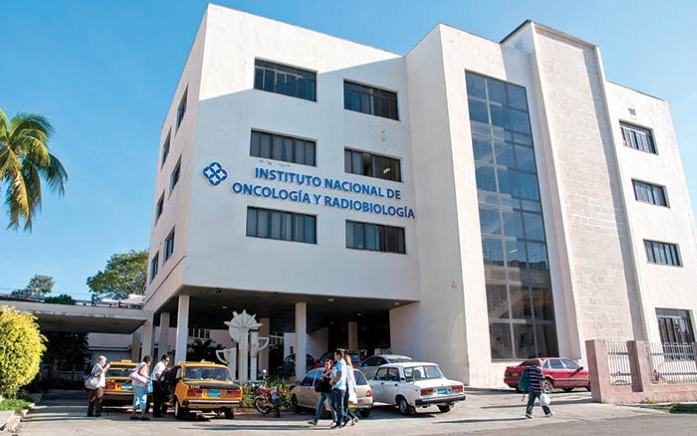
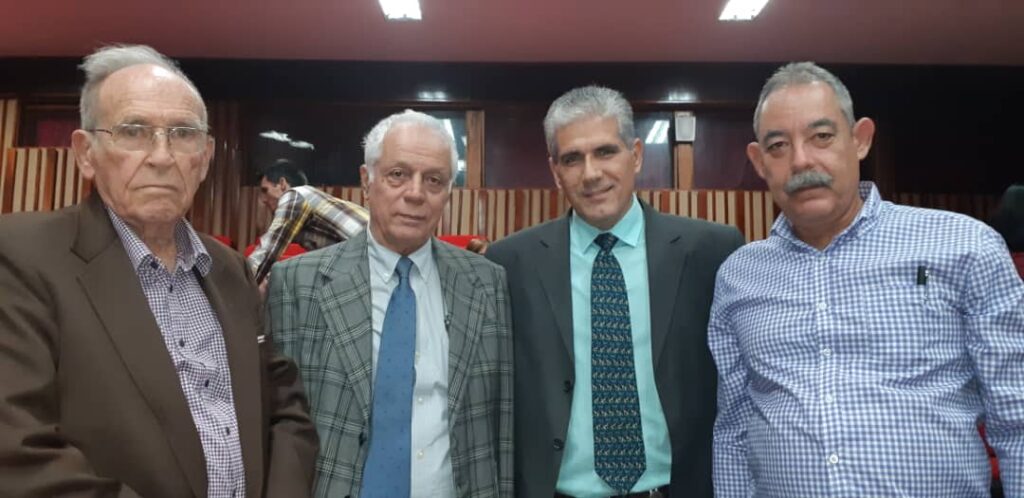
He assures that more than a cup of coffee, the magical phrase of “thank you doctor”, is the stimulus of each day when it comes to wearing the size and returning again and again to the operating room to do everything possible to return a smile, an exceptional quality of those who fall in love with medical sciences, love that he shares at home with his wife, also a doctor and with the son who, in the first year of his medical career, has already incorporated the values of medical ethics.
Calls, meetings and commitments take up part of her time, but she assures that the
Relationship with his patients, outside and inside the room, is what he defends most in those long days in the hospital, where the hours fly by. “I think that’s called love.”
Source: Periódico Digital Centroamericano y del Caribe






















